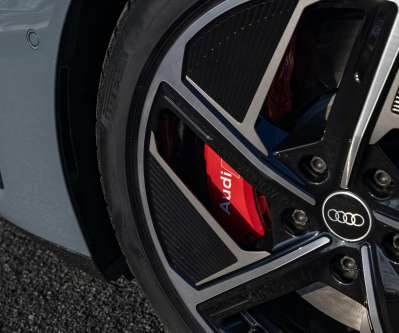Volkswagen testing R33 BlueDiesel; up to 33% renewable content; now in permanent use in Wolfsburg
Green Car Congress
NOVEMBER 30, 2018
The fuel, jointly developed by Volkswagen, the Coburg University and other project partners, contains up to 33% renewable components based exclusively on residual and waste materials and enables CO 2 savings of at least 20% compared to conventional diesel thanks to the use of biofuels. Volkswagen employees tested the new fuel initially.













Let's personalize your content